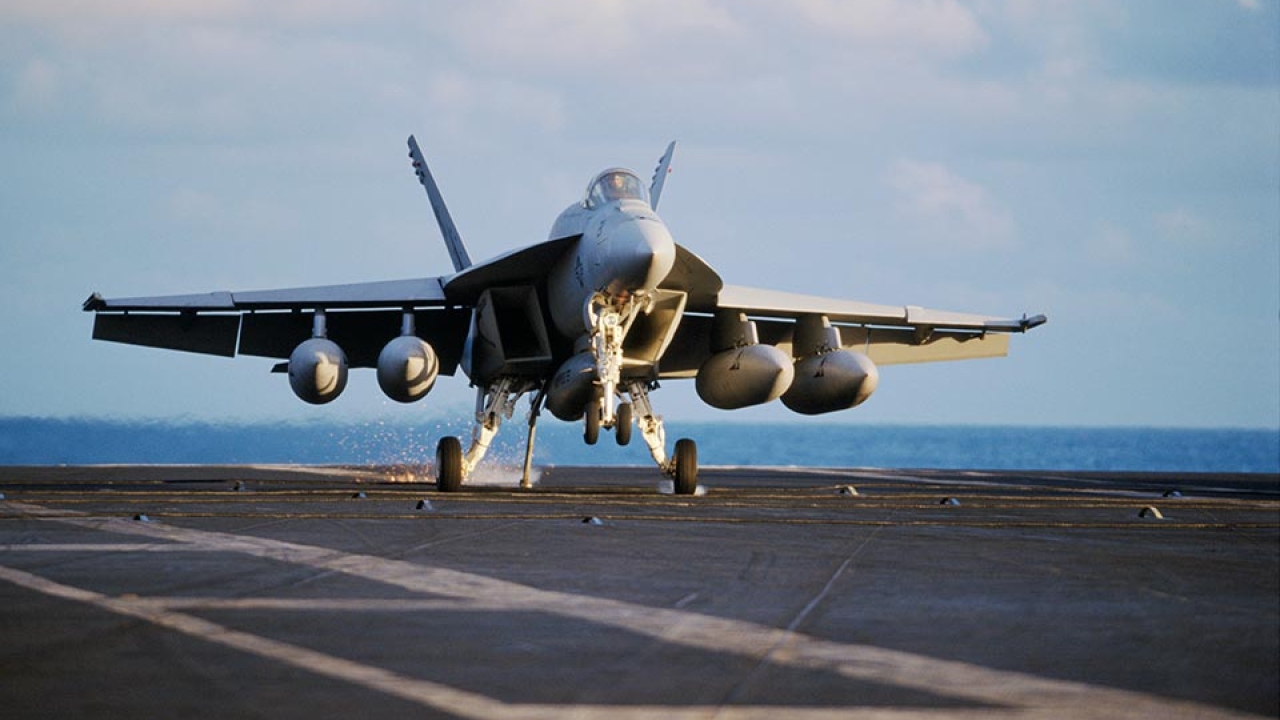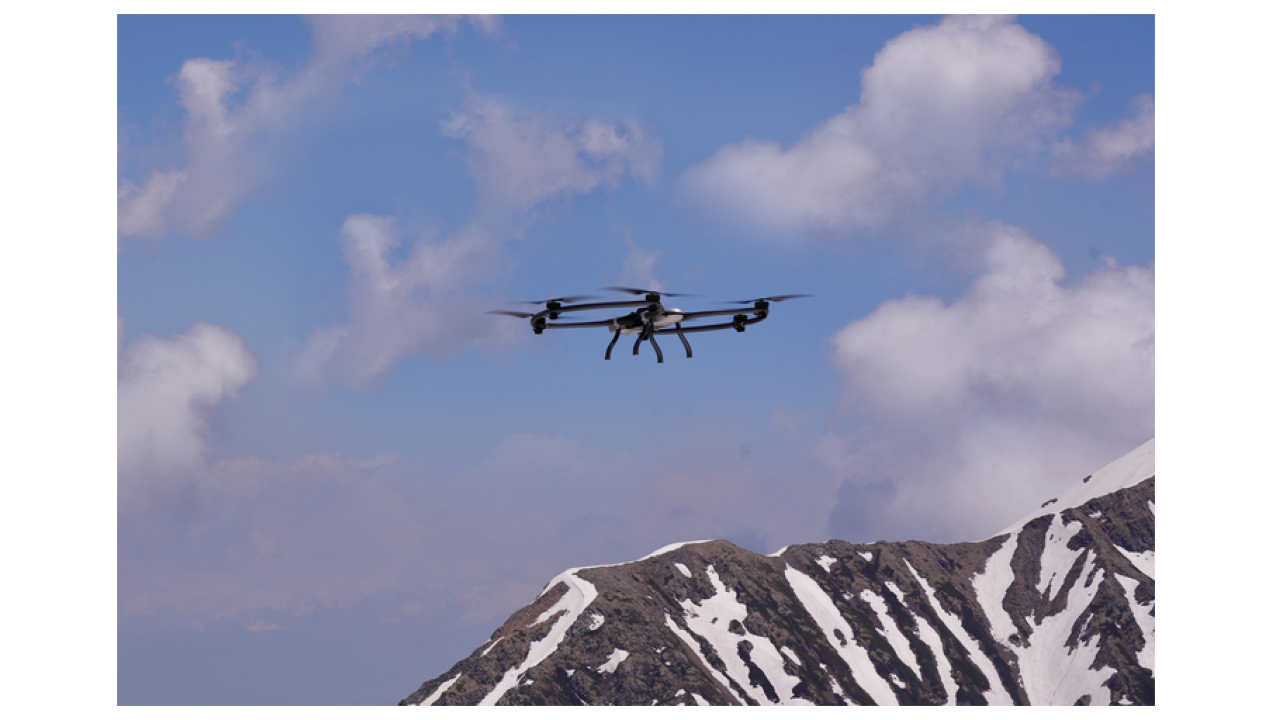Boeing looks set to supply 26 carrier-borne fighters to Indian Navy
Boeing’s F/A-18 E/F Super Hornet has emerged as the top contender to supply Indian Navy with 26 Multirole Carrier Borne Fighters (MRCBF) aircraft, reports GlobalData

Boeing’s F/A-18 E/F Super Hornet has emerged as the top contender to supply the Indian Navy. Image: Boeing
The deal involves the delivery of a squadron of 18 single-seat aircraft along with eight twin-seat variants that is collectively estimated to be valued at $4.5-6bn. Boeing’s F/A-18 E/F Super Hornet complies with most of the critical mission-specific requirements, says GlobalData, a leading data and analytics company.
According to GlobalData, ideally, Dassault Aviation’s Rafale-M would have been the natural choice after the deal to acquire 36 Rafale fighters for the Indian Air Force due to the commonality of systems and ease of logistics. However, the lack of a foldable wing is a major limitation with respect to the French offering as it significantly limits the net volume of underdeck stowage available.
Abhijit Apsingikar, Defense Analyst at GlobalData, comments: “While the deal to acquire 26 aircraft is seen as a stopgap measure until the Indian indigenous Twin Engine Deck Based Fighter (TEDBF) takes fight sometime in 2032, Boeing enjoys a distinct advantage of being able to incorporate the uprated F414 enhanced engines, rated at 116-120KN. As the Indian Aeronautical Development Agency (ADA) has already selected GE to deliver 99 F414 engines for its upcoming Indian LCA MK-2, logistics to support the engines are further simplified.”
Additionally, on technical parameters alone, Boeing’s F/A-18 E/F Super Hornet’s powerful engines enable it to offset the payload limitations inherent in STOBAR carriers and edges past its competitor Rafale-M. However, as history has shown, political considerations and the reliability of defense partners can make or break Indian defense deals.
Although India has successfully acquired P-8I Poseidon and MH-60R Romeo helicopters from the US, there still exist certain reservations. Therefore, the US administration’s ability to assuage Indian concerns along with Boeing’s ability to effectively support platforms as with P-8I Poseidon’s and AH-64 Apache helicopters will be the deciding factor.
Apsingikar concludes: “While the FY2022-23 budget has earmarked a record $20.38bn for acquisitions, it has also reserved about 68% of the funding for financing domestic procurements, with just $6.52bn available to finance foreign acquisitions. Despite this, the Multirole Carrier-Based Fighter (MRCBF) is likely to be shielded by the funding constraints owing to the critical nature of procurement. The need to equip the upcoming carrier with an airwing takes precedence and therefore is likely to be pursued on a priority basis.”
Stay up to date
Subscribe to the free Times Aerospace newsletter and receive the latest content every week. We'll never share your email address.

